
A crane loads containers at Erenhot Port in North China's Inner Mongolia autonomous region on April 11, 2020. (Photo/Xinhua)
Recent work conference encouraged more research, development funds
China's latest emphasis on supporting the development of private companies is injecting more confidence into entrepreneurs, and encouraging them to double down on innovation to seek breakthroughs in business and technology, company executives said on Monday.
Their comments came after the tone-setting Central Economic Work Conference, which ended earlier this month, stressed that it is important to work "unswervingly" both to consolidate and develop the public sector and to encourage, support and guide development of the private sector.
Wu Yonghua, executive board director of Anta Sports, said: "The conference has given private enterprises like us great confidence. For a long time, governments at all levels have issued many policies, such as tax incentives, to support enterprises that value research and development. We will continue focusing on innovation, and we are committed to helping drive the development of real economy."
Wu said the company has so far applied for more than 2,000 national innovation patents.
He added that Anta is now a global sportswear company, ranking No 3 worldwide in terms of market value, and overseas business accounts for more than 40 percent of its total business.
Qi Xiangdong, chairman of Chinese cybersecurity company Qi-Anxin Technology Group, said private enterprises are an important force in helping pursue the Chinese path to modernization, and the company will work to beef up its innovation capabilities.
"I care most about key projects in the digital economy in 2023, which will have an immediate impact on stabilizing economic growth," said Qi, who is also vice-chairman of the All-China Federation of Industry and Commerce.
For example, China's east-data-west-computing project, which involves construction of data centers in key regions across the country, will bring huge opportunities and drive demand for cybersecurity services, Qi said, adding that the company will continue sharpening its R&D capabilities to help meet such demand.
China's investment in big data centers is expected to grow by more than 20 percent annually during the 14th Five-Year Plan period (2021-25), and the cumulative investment in related fields is set to exceed 3 trillion yuan ($431.1 billion), according to a forecast by the National Development and Reform Commission.
Xu Hongcai, deputy director of the economic policy committee of the China Association of Policy Science, said China's private businesses have played a big part in driving the country's economic development, and their scale and strength have also been greatly enhanced.
Private businesses have contributed about 50 percent of the country's tax revenue, 60 percent of the gross domestic product, 70 percent of technological innovation and 80 percent of urban employment, said the Ministry of Industry and Information Technology.
In response to the conference's call, multiple officials, including Yi Lianhong, Party secretary of Zhejiang province and Yuan Jiajun, Party secretary of Chongqing, have recently visited a string of private companies such as Alibaba Group Holding Ltd and emerging electric vehicle maker Seres to encourage their efforts to pursue innovation-driven growth.
Xu Yan, vice-president of Tencent Holdings Ltd, said: "In recent years, we have deeply felt that the government has stepped up efforts to create a first-class business environment for private companies. Tencent will ratchet up efforts to drive the integration of real and digital economies via innovation."
Xu said the company has invested 150 billion yuan into R&D over the past three years.





















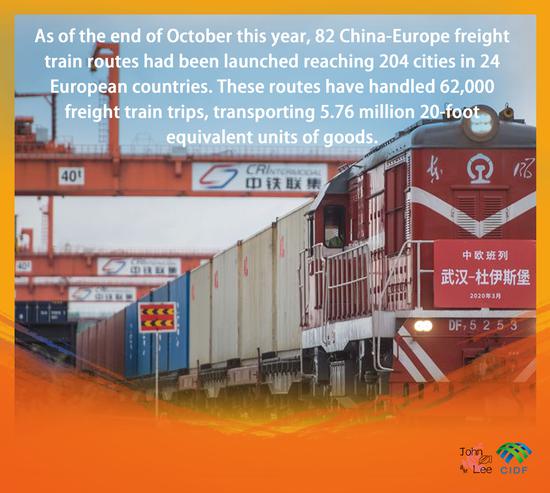









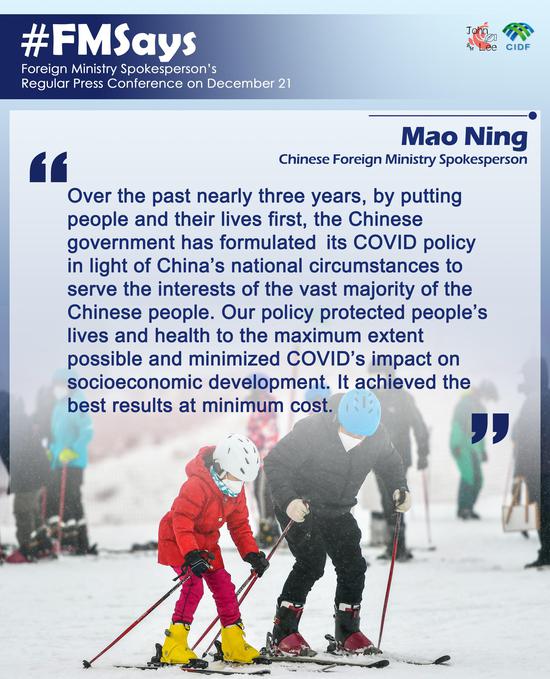

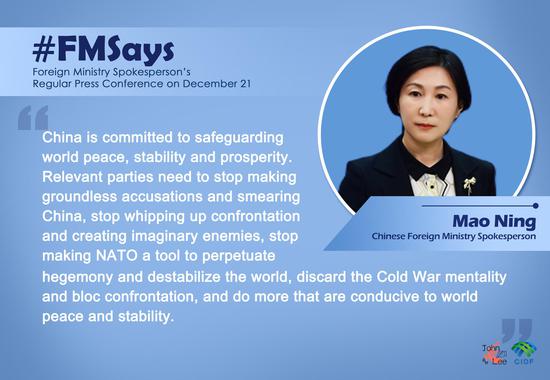




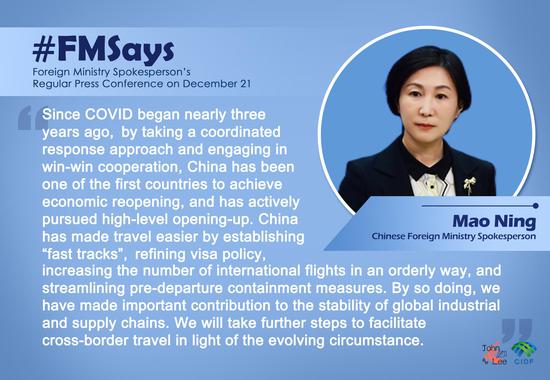



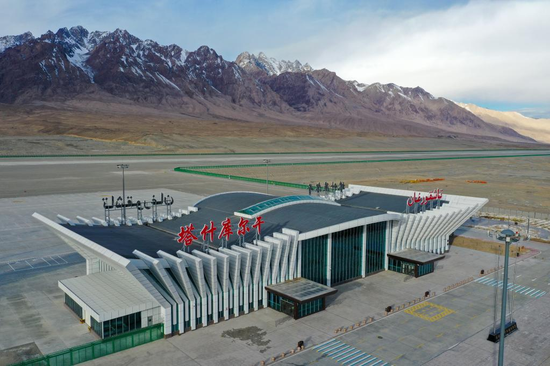







 京公网安备 11010202009201号
京公网安备 11010202009201号